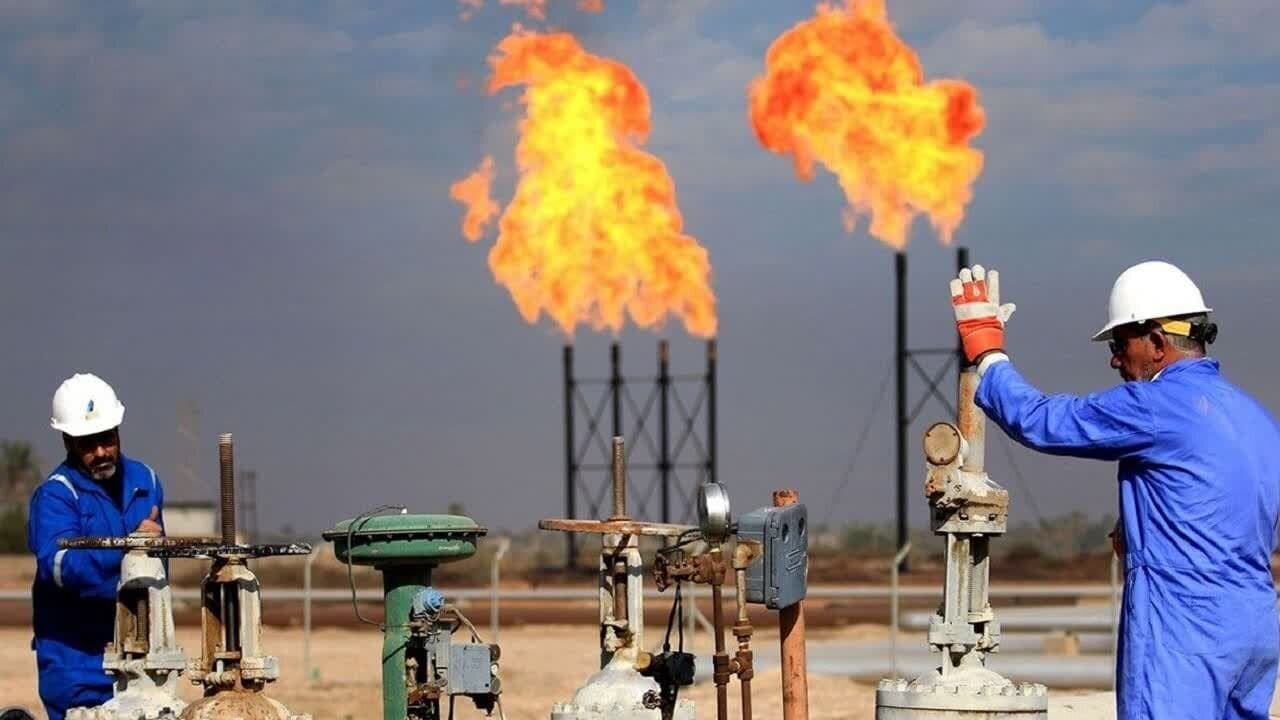Iran’s largest flare gas recovery project underway by petchem companies

TEHRAN – Iran’s Deputy Oil Minister and head of the National Petrochemical Company (NPC) announced the implementation of the country’s largest flare gas recovery project with the support of petrochemical companies.
Speaking to reporters, Hassan Abbaszadeh explained that there are two main types of flares: associated gas flares, which are mainly found in Khuzestan, the western and eastern Karun regions, Dehloran, and other oil fields, and gas flares in Asaluyeh, which originate from gas resources.
Abbaszadeh stated that multiple contracts have been signed with petrochemical companies for flare recovery in both categories. He added that projects in the oil fields of Khuzestan, Ilam, Kohgiluyeh, and Gachsaran are in the final stages of implementation.
Three petrochemical groups have invested in the initiative, including the Persian Gulf Holding Company, which is executing the project through its subsidiary, Bidboland Khalij Fars. The total investment across four provinces has reached $1.1 billion. Scattered flares are being collected and transferred via a network of pipelines to the Bidboland refinery in Behbahan.
Describing the project as the largest flare gas recovery initiative in the country, Abbaszadeh noted that 14 flares are set to be eliminated by the end of the current Iranian year (late March). The overall plan aims to recover gas from 55 flares, which, once completed, will collectively capture 17 million cubic meters of gas per day.
Regarding flare gas emissions in Asaluyeh, Abbaszadeh stated that projects to eliminate long-burning flares in the region have been assigned to the private sector by the National Iranian Gas Company. These initiatives are progressing, and flares in the area are expected to be extinguished in the future.
He highlighted that all work is being carried out by domestic engineers, with the required equipment, including compressors and pipelines, currently being sourced.
The official also addressed recent gas supply restrictions affecting certain petrochemical plants, explaining that companies producing methanol and those reliant on gas feedstock have faced supply limitations due to high household gas consumption during the winter. However, he expressed hope that these companies would resume normal production levels in the coming weeks as gas supplies stabilize.
He further noted that petrochemical companies using liquid feedstock have not faced similar constraints. Of the country’s petrochemical plants, 15 rely on gas as a feedstock, while others continue operations without disruption.
EF/
Leave a Comment